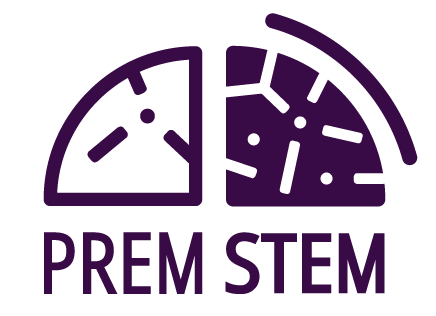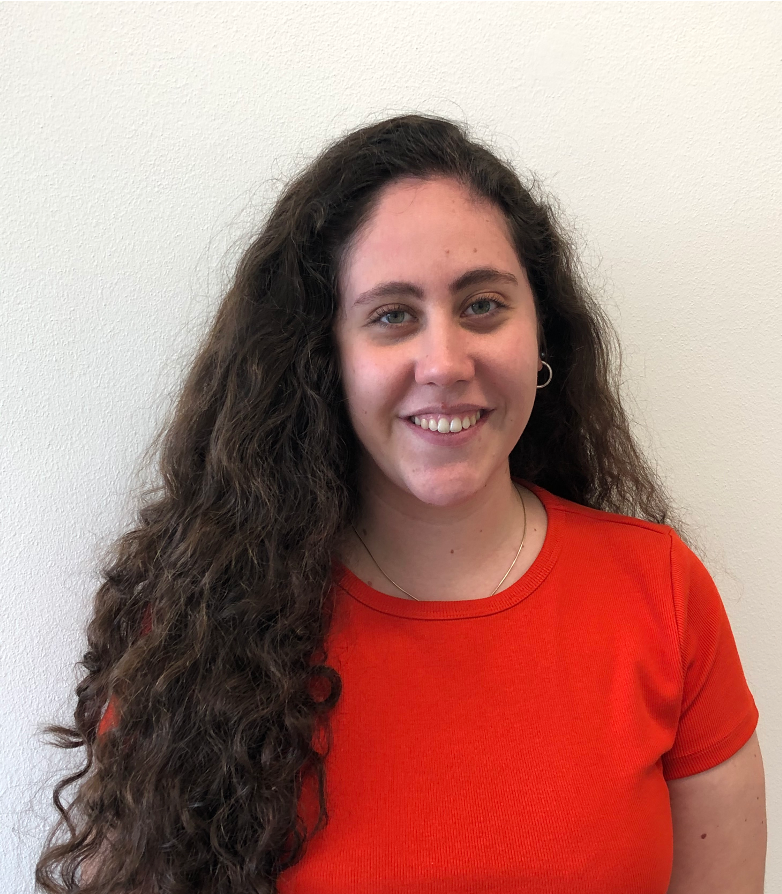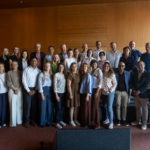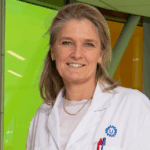What is your area of research specialism and what attracted you to it?
Like many of us, my main purpose is to become a scientist who brings hope to people in need. This is why I decided to study in a field where I can indirectly work with patients. Moreover, I have always found immunology so intriguing as it resembles a well-designed battlefield; the immune system having a structure which enables it to cope with possible invaders. The idea of manipulating and using this system to our advantage has always fascinated me.
What has been your proudest research accomplishment so far?
When I moved to the Netherlands to do my master’s study, it was a challenging process for me in terms of adapting to a new environment and a different educational system. From this experience I have learnt a lot and developed as a young researcher.
Apart from that, in one of my master internships, we aimed to create a disease model using organoids (tiny tissue cultures derived from stem cells). In my role within that project, I felt that I accomplished being able to produce the lentiviruses to be used in the cerebral cortex organoids to mimic disease.
In my second internship, I worked on a project which aimed to create heritable immune memory in mosquito cells to reduce disease transmission. That project gave me an opportunity to work within different fields which I found challenging but rewarding as it helped me broaden my horizons significantly.
Finally, I am proud of being considered a researcher qualified enough to be part of my current team during my PhD. Being part of this team gives me pride and I find joy in what I do every day.
What is the most important question you want to address in your research?
Is it actually possible to manipulate and use mesenchymal stem cells to reduce inflammation at the injury site?
What is your lab’s role on the PREMSTEM project?
Following brain injury in preterm infants, immune cells migrate to the injury site and it is already known that mesenchymal stem cells can affect the phenotype of the immune cells. They can condition immune cells to be either anti-inflammatory or pro-inflammatory. We are trying to reveal how mesenchymal stem cells would affect the immune cells when they are introduced to preterm infants. Accordingly, we aim to find the most optimal conditions that can stimulate mesenchymal stem cells to act as anti-inflammatory agents.
What is innovative about PREMSTEM? Why is this research important?
The most appealing part about this project to me is how it embraces the problem so comprehensively. Each group in this project is approaching the problem from a different angle, from the identification of the disease to optimisation of the treatment and monitoring its response. I believe that the holistic nature of this project, in addition to its well thought out design, makes it thoroughly inspiring for a young aspiring scientist, such as myself.
What is the most significant outcome you hope PREMSTEM can achieve?
I find it very appealing that the target group of this study is infants; it is very satisfying to think that there could be hope for such a vulnerable population. These babies may have gone through many complications to get better and recover – I strongly believe they deserve a chance.






